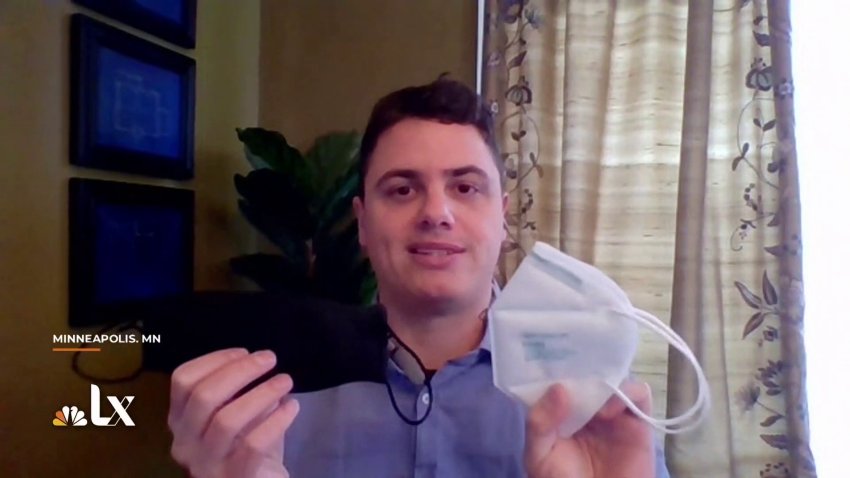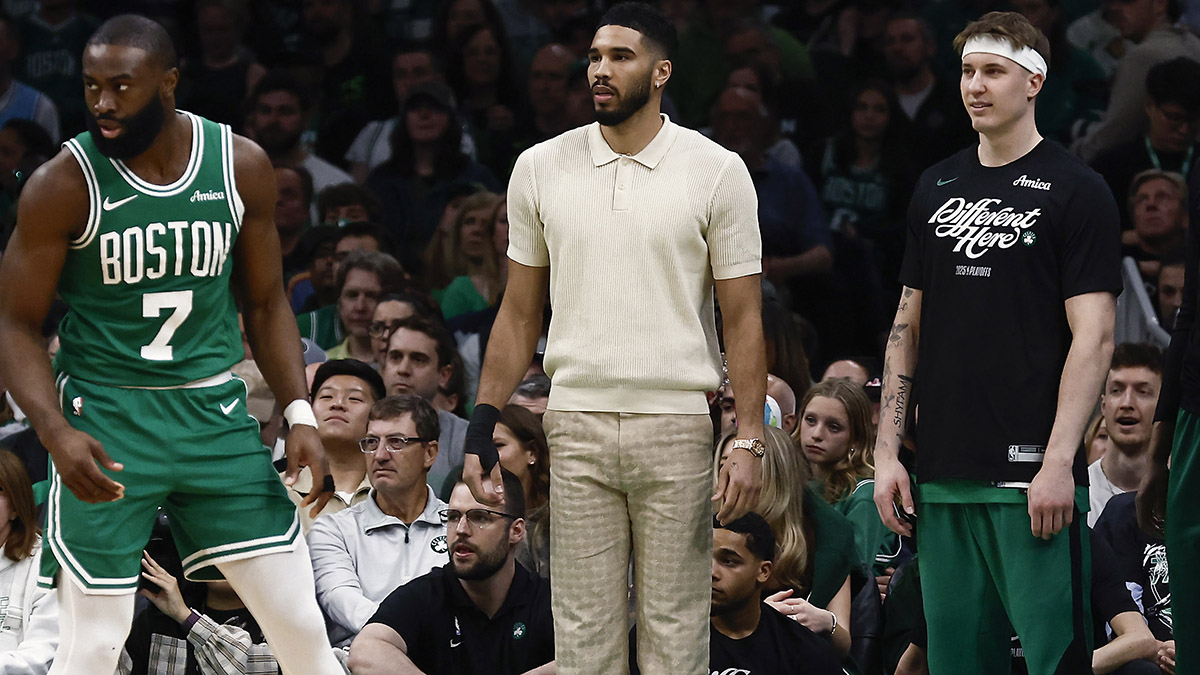Top Boston doctors talk about new data on COVID hospitalizations, when we’ll reach endemic status and a study that shows a fourth vaccine dose doesn’t stop omicron on NBC10 Boston’s weekly “COVID Q&A” series.
If you test positive for coronavirus or are exposed to someone who has during the omicron surge, what is the incubation period and how long could you be contagious?
The Centers for Disease Control and Prevention issued new guidance last month, shifting the timing for isolation and quarantine as some experts say the time frame when people are most contagious is earlier.
WATCH ANYTIME FOR FREE
Stream NBC10 Boston news for free, 24/7, wherever you are. |
The CDC says that its guidelines were updated to reflect growing evidence that suggests transmission of COVID-19 often occurs one to two days before the onset of symptoms and during the two to three days afterward.
For those without symptoms, CDC guidance states they are considered contagious at least two days before their positive test.
Get updates on what's happening in Boston to your inbox. Sign up for our News Headlines newsletter.

The CDC states that anyone who may have been exposed to someone with COVID should test five days after their exposure, or as soon as symptoms occur.
"If symptoms occur, individuals should immediately quarantine until a negative test confirms symptoms are not attributable to COVID-19," the guidance states.
Local
In-depth news coverage of the Greater Boston and New England area.
Health experts say incubation times could be changing due to omicron, but those who test early should continue testing even if they get negative results.
According to earlier CDC guidance, COVID symptoms can appear anywhere from two to 14 days after someone is exposed to the virus.
Anyone exhibiting symptoms should get tested for COVID-19.

Under the guidance, those who have been within six feet of someone with COVID for a cumulative total of at least 15 minutes over a 24-hour period should quarantine for five days if unvaccinated, or if they are more than six months out from their second vaccine dose.
Once that period ends, they should partake in strict mask use for an additional five days.
Those who are both fully vaccinated and boosted do not need to quarantine if they are a close contact of someone with COVID, but should wear a mask for at least 10 days after exposure. The same goes for those who are fully vaccinated and not yet eligible for their booster shot.
People who are positive for COVID should stay home for five days, the CDC said.
At the end of the period, if you have no symptoms, you can return to normal activities but must wear a mask everywhere — even at home around others — for at least five more days.
If you still have symptoms after isolating for five days, stay home until you feel better and then start your five days of wearing a mask at all times.



